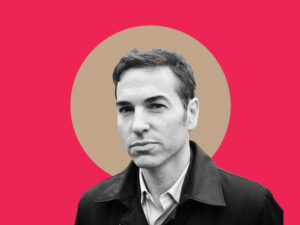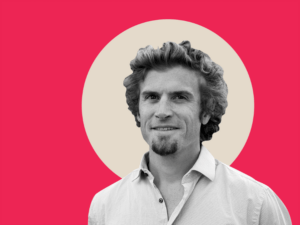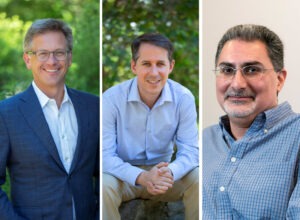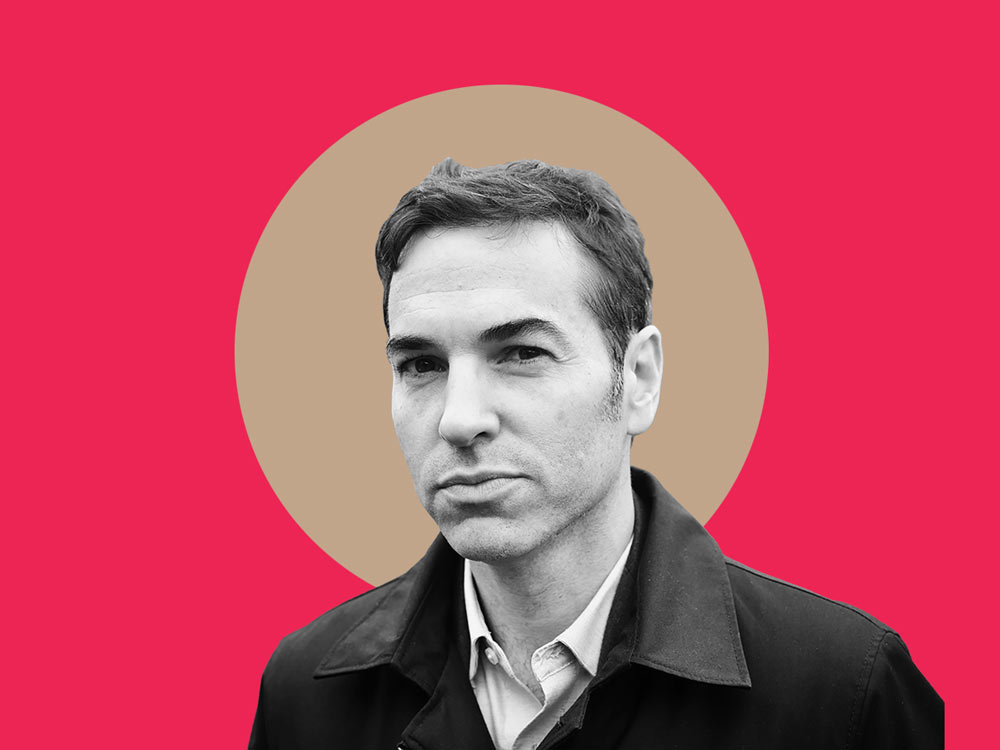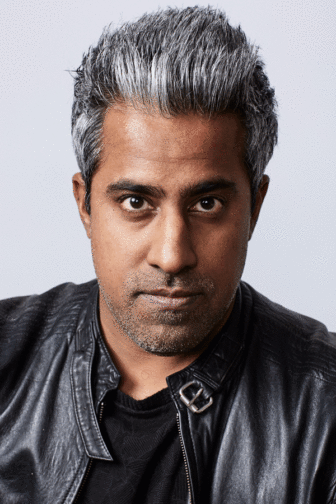
Tiny Spark kicks off its fall season with a scathing critique of the nation’s elite, who are purporting to solve huge social problems with their businesses, money and power. But former New York Times correspondent Anand Giridharadas tells Costello that when the elite address social problems, they do so in ways that reinforce their dominant position.
“They want to change the world, while keeping it just the same enough to keep themselves on top,” he says. “They want to make a difference, while also retaining the power to make a killing.”
In a far-ranging interview, Giridharadas also urges nonprofit leaders to work for more transformative change, too. “We will be led in the future not by generous givers but by ardent reformers,” Giridharadas says. “There’s a difference between charity and reform, between giving back and reform, between social enterprise and reform…between people who seek to do well and good, and people who seek to reform.”
Giridharadas’s critique is laid out in his new book, Winners Take All, which challenges the widely disseminated notion that you can be rich, hold on to economic power, and solve entrenched social problems at the same time. For example, Giridharadas talks about social change makers who are “willing to talk about investing in cool new technology that would allow people to live forever in Silicon Valley.”
“But,” he says, “they’re not willing to talk about a better healthcare system for all.”
Giridharadas believes the elite’s silence on matters of transformative change reveals “all the things that they’re not willing to talk about, [which] would require them to sacrifice, would require the system atop which they stand to change,” he says. “And they’re not willing to do that.”
Sign up for our free newsletters
Subscribe to NPQ's newsletters to have our top stories delivered directly to your inbox.
By signing up, you agree to our privacy policy and terms of use, and to receive messages from NPQ and our partners.
In this podcast, Giridharadas also digs into how broken social systems need to change. He makes the case for strong government programs and asks what our moral obligations are when faced with these dominant structures.
“We live in a society in which we’re able to do all the things we can do because there is someone tending the commons,” he says. “Government has been othered and shamed and laughed out of town. What I think it requires of all of us, whether you work in a company or a nonprofit or you’re an activist, is to work to repair the systems that allow us to live a common life.”
Additional Resources
New York Magazine: “Why Philanthropy Is Bad for Democracy”
Slate: “The Cruelty of Our Age of Generosity”
New York Times: “Meet the ‘Change Agents’ Who Are Enabling Inequality”
Aspen Institute Action Forum speech: “The Thriving World, the Wilting World, and You”


